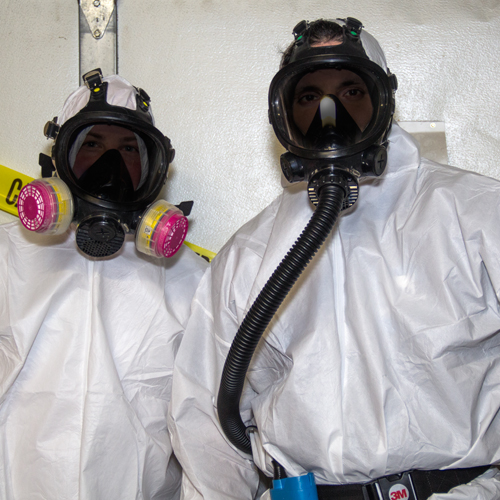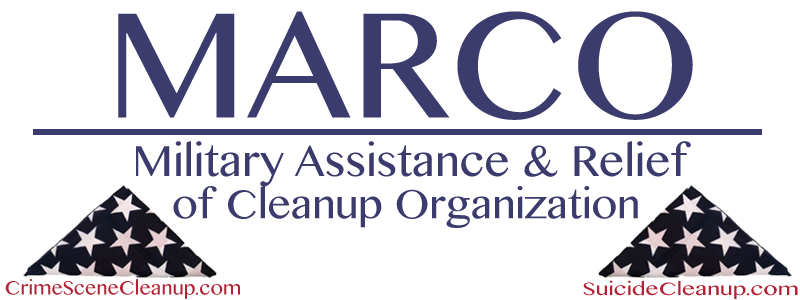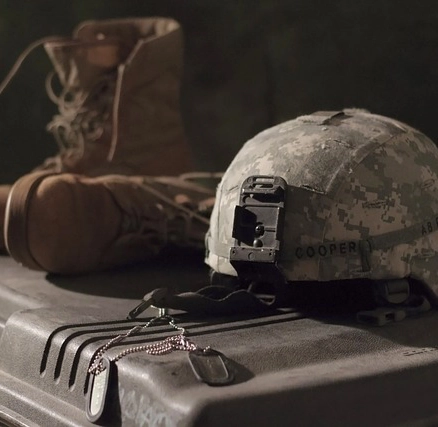
Crime Scene & Suicide Cleanup
February 28, 2017
4 Things to Do If You Need Emergency Crime Scene Cleanup
March 28, 2017Almost everyone knows at least one person who has served in the military. It has recently been uncovered that a lot of our heroes suffer from PTSD, depression and other serious, life-threatening, conditions. Because of this, a lot of our veterans die by suicide. Research has shown that about 22 veterans take their lives daily. But in reality, the number might actually be more than that.
What Are The Risk Factors For Suicide?
Recent research has shown that female veterans have almost thrice the rate of suicides when compared with women who did not serve in the military. Compared with that statistic, young male veterans between the ages of 18 to 24 also have a high risk of dying by suicide. Most veterans use firearms for suicide.
The National PTSD Center has revealed that some studies point to PTSD as a major precipitating factor of suicide which insinuates that traumatic memories can indicate suicide intentions. Most veterans are more likely to show coping mechanisms that can suppress these symptoms instead of seeking professional help.
Mental illness is not the only indicator of suicidal intentions, but almost 90% of all suicides can be linked to an undiagnosed emotional or mental issue. The outlook isn’t always better for those that seek professional help. A recent article on showed that only one-third of veterans make use of their medical benefits and in populated areas, the wait time can extend to months which is past the crucial stage for those that are struggling with mental illness.
Factors like drug abuse and alcohol could also lead to suicide by promoting impaired judgment, impulsiveness, and unrestrained behaviors. Stress from situations like unemployment or trying to adapt to the lifestyle of a civilian are also factors that contribute to suicide. This can especially be exacerbated by periods of economic uncertainty, as death rates have been shown to increase during recessions and depressions.
Vets And Their Family Can Receive Help Now
It doesn’t matter whether you are a veteran or not, if you or your family member is feeling suicidal, the next step is to see a professional. There is a Veteran Crisis Hotline that is available 24/7 every day of the year. Call (800)-273-8255, then press 1. For veterans, you can reach the National Suicide Prevention Lifeline at 988, or by dialing 1-800-273-TALK (8255). If you are a veteran that is trying to obtain the services of the VA, these low cost or free options can help you out now. The most important lesson is never to be afraid to reach out for help.
If you or a loved one has dealt with suicide in the past and would like to get started with helping others going through similar situations, getting involved with Suicide Awareness Month is a great place to begin.
But if unfortunately, any family member decides to take his or her life, then expert and compassionate suicide cleanup is available. We strive to treat all families with the respect and dignity that they deserve. In periods of crisis, we provide suicide cleanup and will relieve you of this huge burden by giving you high-quality compassionate care. If you need our assistance, call us now at 1-844-255-2462. We at Suicide Cleanup are available 24/7 to cater to your requests.


